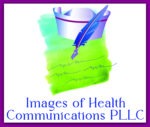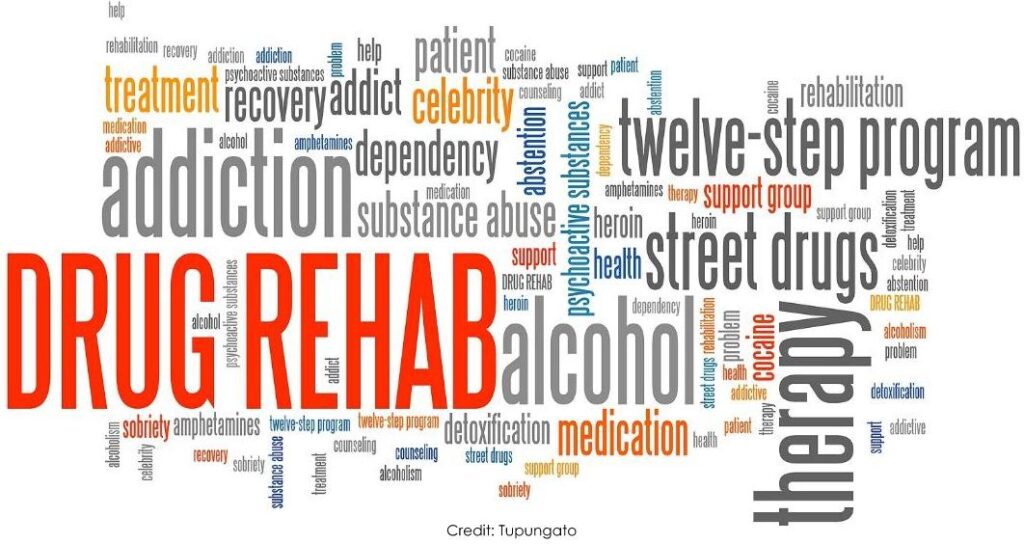Seeking Treatment

Welcome to Insights! Please enjoy the articles created specifically for Soul’s Harbor and provided on a monthly basis. You may expect health related articles with a focus on addiction and recovery.
 Seeking Treatment
Seeking Treatment
More than 40 million people in the United States,16 percent of all Americans over age 12 suffer from nicotine, alcohol, or drug addiction. Only about 10 percent of those people receive treatment, according to a recent report by the National Center on Addiction and Substance Abuse at Columbia University (CASA Columbia). And far fewer receive effective, evidence-based treatment, according to the report, entitled “Addiction medicine: Closing the gap between science and practice.”1The previous three articles for Insights have focused on the brain and how drugs change it. The changes can be long-lasting and a brain on drugs is not normal. It wants more drugs. But just like drugs change the brain, abstinence and treatment can at least partially reverse the changes.2,3,4
It may take some time and it won’t be easy, but all is not lost.
Another problem is addicts have poor health. They have neglected the care of their body and mind.
They may have:
- Infections from needles.
- Sexually transmitted diseases.
- Stress-related illnesses such as anxiety, depression and more.
Being an addict also reduces life expectancyTreatment is necessary to help recover their productive lives.
Thinking style of an addictDenial“I do not have a problem. I can stop any time I want. Do not call me an addict! Why should I stop? Drugs help me.”
Drugs can help control emotional symptoms, at least in part, but at the cost of potential addiction.
Denying drug use allows them to do nothing and that can be a comforting frame of mind. They play the blame game (parents, bosses, illnesses, doctors and unfair treatment).Self-loathing is common along with low self-esteem, guilt and shame.The addict may come to realize what they have done to themselves and others. They may have tried to reverse course, but may have failed. They may sink lower and lower but are unable to stop it.
All of these factors promote continuing drug use.
Confusion and fear of treatment
They may think that they will be:
- Handcuffed.
- Arrested.
- Locked up.
- Given a prison record.
- Forcibly withdrawn from drugs.
- Thrown back on the streets.
- Mothers worried their children will be taken from them.
People’s lives have been saved by timely treatment. The effectiveness of treatment is well documented.1
Why seek treatment
- The addict hit bottom and became desperate for a program that would help.
- They may have experienced a spiritual rebirth.
- Forced into treatment by the criminal justice system, employers or family.
- Realize they have a lousy life, and it really does not have to be this way.
Does it always work for each and every person? A person in treatment for their addiction may require multiple rounds of treatments and may experience relapses before finding success. There may be those that drop out of treatment or never get adequate treatment.
Factors that predict success in treatment:
- Lower level of dependence or drug use.
- Good support system.
- Job or career.
The cost of treatmentTreatment may be free, low cost or on a sliding scale, but this depends upon insurance, treatment availability and patient resources.Addicts cannot afford to not go into treatment.
Overall, it is cheaper to treat than not to treat.5
Why treat them? They are only addicts!This is a critical issue and has to do with society’s views and attitudes about addicts6:
- Addicts and addiction carry a stigma.
- People consider drug use a moral or character failure requiring something like an awakening or a spiritual rebirth for a cure.
- Society feels that addiction is something that individuals do to themselves so therefore they should undo it by themselves.
There is a tendency for self-righteousness and moralizing in some groups!
Addiction research has shown that addiction is a brain-based disorder because of biological vulnerabilities and environmental factors.From this perspective, drug abuse is similar to other diseases. Genetic heritability, personal choice, and environmental factors are comparably involved in the etiology and course of all of these disorders. Drug dependence produces significant and lasting changes in brain chemistry and function. We should insure, treat and evaluate drug dependence, like other chronic illnesses.7 Principles of treatmentThe National Institute on Drug Abuse identified these principles of treatment 8: How do we define successful treatment?When we say that treatment was a success, does it mean that the patient never takes the drug again? Is it total and permanent abstinence? That is certainly ideal and would be best. Historically, total abstinence has been the standard goal of treatment for substance use disorders involving methamphetamine and cocaine. On January 10, 2024, NIH National Institute on Drug Abuse published a news release9: Reduced drug use is a meaningful treatment outcome for people with stimulant use disorder. This study, published in Addiction, was led by scientists at the Johns Hopkins Bloomberg School of Public Health, Baltimore, in collaboration with researchers at the National Institute on Drug Abuse (NIDA), part of the National Institutes of Health. This finding is according to an analysis of data from thirteen randomized clinical trials of treatments for stimulant use disorders involving methamphetamine and cocaine. Researchers found that transitioning from high use (five or more days a month) to lower use (one to four days a month) was associated with lower levels of drug craving, depression, and other drug-related challenges compared to no change in use. These results suggest that reduction in use of methamphetamine or cocaine, in addition to abstinence, is a meaningful surrogate or intermediate clinical outcome in medication development for stimulant addiction. Unlike other substance use disorders, such as opioid use disorder or alcohol use disorder, there are currently no U.S. Food and Drug Administration-approved pharmacological treatments for stimulant use disorders. “These findings align with an evolving understanding in addiction, affirming that abstinence should be neither the sole aim nor only valid outcome of treatment,” said NIDA Director Nora Volkow, M.D. “Embracing measures of success in addiction treatment beyond abstinence supports more individualized approaches to recovery, and may lead to the approval of a wider range of medications that can improve the lives of people with substance use disorders.”9Time for reflection References

Cynthia Blair RN MA–January 2024
For information regarding intake/admission into our recovery facility, please contact:
Dispatch Representative
Soul’s Harbor, Inc.
13134 Nile Drive
Dallas, Texas 75253
972.286.1940
972.286.5282 Fax
Soul’s Harbor Substance Abuse Program Questions and Intake
Please contact our intake Manager
Cell number 214-663-9684
contact@soulsharbordallas.org
New Online Donation Processing:
Soul’s Harbor, Inc.
13134 Nile Drive
Dallas, Texas 75253
972.286.1940
972.286.5282 Fax
donate@soulsharbordallas.org
Soul’s Harbor can now provide the convenience of taking your donation request online. Just follow the link to our online “Household Donation Request Form”. We are also now taking vehicle donations and have an online donation processing form for this too. “Vehicle Donation Request Form”
To help Soul’s Harbor financially you can donate by clicking the donate button.